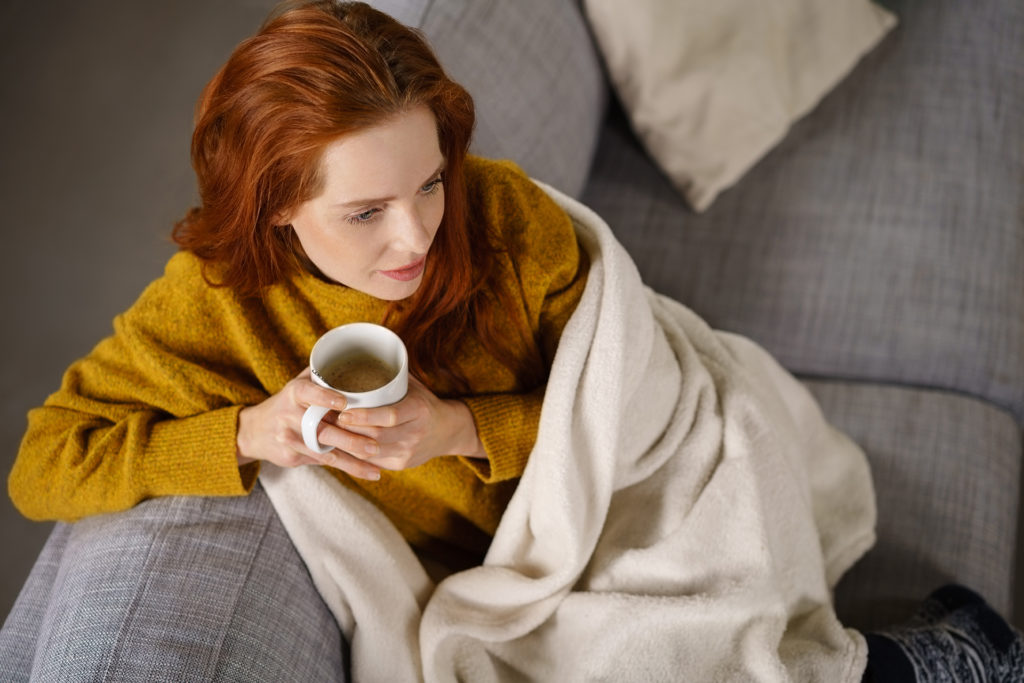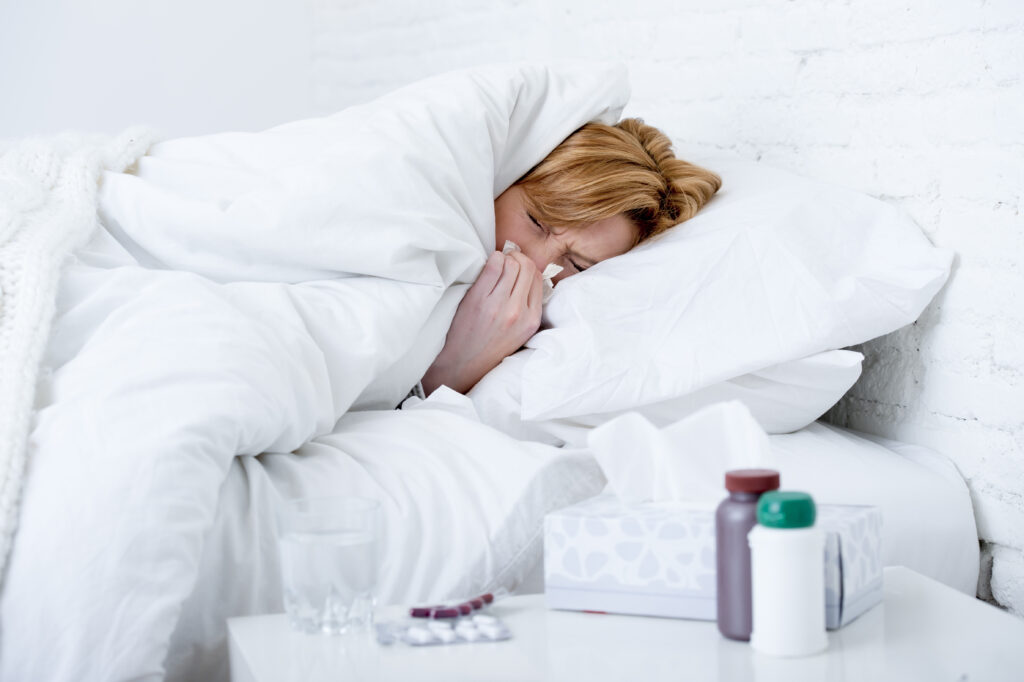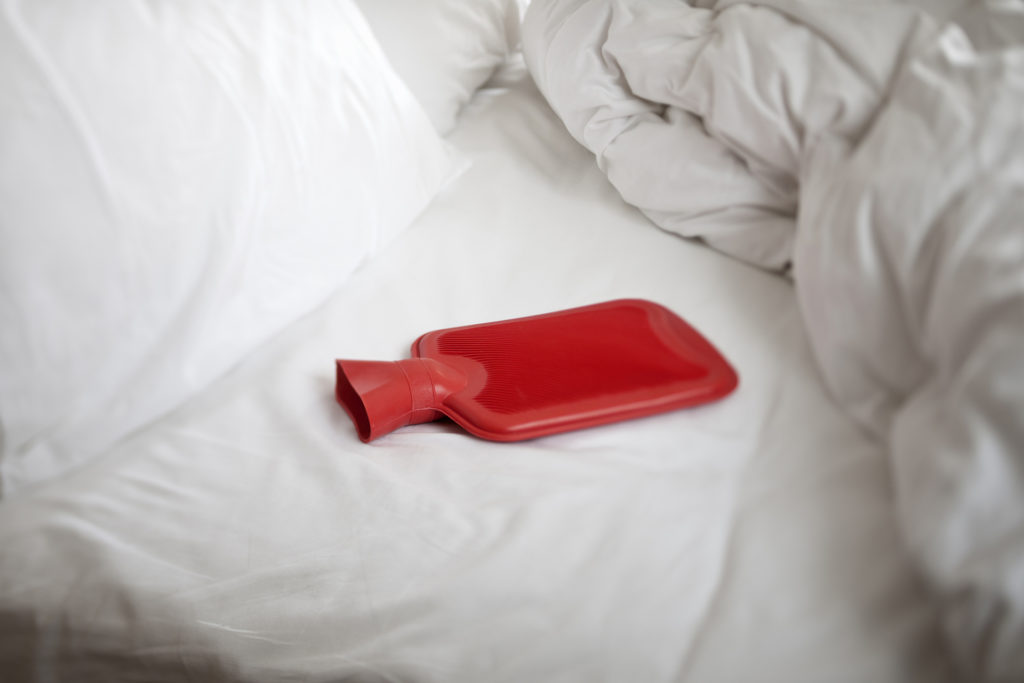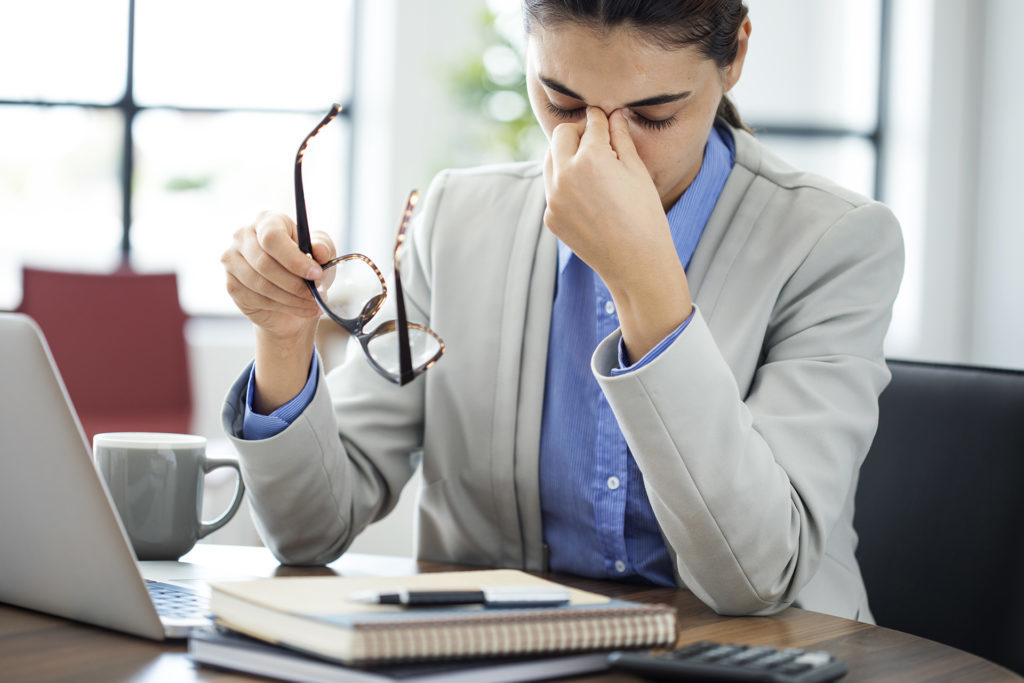Losing Sleep Over The Cost-of-living Crisis? Some Tips To Try

There’s no doubt rising energy bills, food inflation and stress are all expected to affect the most vulnerable homes this autumn and winter.
With this in mind, experts at Bed Kingdom decided to look at how this is likely to affect your sleep, as well as what you can do to solve these issues while on a budget.
The study looks at two factors – low temperatures in the home, and stress.
The Royal College of Physicians (RCP) recently carried out a survey on how the rising cost of living damages the nation’s health. The survey concluded that 55% of British people blame the cost-of-living crisis for deteriorating health. Of those, 84% cited heating costs, and 16% cited stress.
How can the cold affect my sleep?
As energy prices soar this October, many people will be limiting their house heating to save some money. A recent poll commissioned by the Liberal Democrat party revealed that almost one in four adults in the UK would not switch on their central heating this winter.
Below are the potential effects low temperatures can have on your sleep, as well as what you can do to offset them.
Cooler temperatures can help you sleep better…
Sleeping in a warm room may not be possible for many people this winter. Interestingly, the National Sleep Foundation believe that the best way to fall asleep quickly and get a better quality of sleep is to sleep in a cooler room.
The body’s natural temperature fluctuates throughout the day. As you become drowsy, it goes down, reaching its lowest level at 5am.
Sleeping in a room that is too hot can interfere with your body’s natural dip in temperature and may cause restless, interrupted sleep. The World Health Organization (WHO) recommends setting temperatures to 18°C for optimal sleep.
…But sleeping in a very cold environment can harm your health
Sleeping in temperatures lower than 18°C can have severe effects on the body.
The body must work harder to sleep when subjected to cold temperatures. Heart rate and blood pressure increase, and can lead to heart attacks in serious cases, especially in the elderly or those with pre–existing health conditions.
Here’s what happens at different room temperatures:
- 24°C+ – Cardiovascular risk of strokes and heart attacks
- 21-24°C – Increasing discomfort
- 18-21°C – Comfortable temperatures
- 16-18°C – Discomfort, small health risks
- 12-16°C – Risk of respiratory diseases
- 9-12°C – Risk of strokes, heart attacks
- <9°C – Risk of hypothermia
Fix: How to keep warm while you sleep
If you can, adjust the thermostat in your bedroom to 18°C for the optimal sleeping temperature. A few cheaper options can also help keep you warmer at night:
- Wear socks to bed – Don’t wear socks that are too thick, as these can cause you to overheat. Try a thin pair of cotton socks to help to regulate body temperature.
- Take a hot water bottle to bed – Using a hot water bottle in bed (not directly on your skin) induces sleep and cools down slowly throughout the night, helping your sleep to be uninterrupted. Hot water bottles are a very cheap option to keep warm, usually costing less than £5.
- Microwave a wheat bag – an alternative to boiling the kettle. Wheat bags to heat up in a microwave are currently for sale for as little as £3.99.
- Use a thicker duvet – A 13-15 tog duvet is recommended for the winter months, while autumn and spring call for a slightly lighter 10 tog duvet. At the time of publication Asda were offering a single Slumberdown Soft & Huggable 13.5 tog duvet for only £18.
- Try a nightcap. The use of a sleeping cap, nightcap, or sleep bonnet goes back at least to the 14th century. They were originally worn by men and women to protect against night-time chills. Natural fibres are best, as the body can sweat even in cold conditions. Nowadays there are also silk beauty caps to protect hair as you sleep. There’s a range on Amazon.
- If your window is draughty or single-glazed, try tucking a throw or blanket over the curtain rail for extra insulation. But beware – experience has shown that you might find ice on the inside of the panes in the morning!
How can stress affect my sleep?
Stress can severely impact sleep quality and duration. While it is normal to feel stressed occasionally, the growing anxieties associated with the cost-of-living crisis are causing stress levels to rise in the UK.
Lower levels of sleep-disrupting stress hormones are released in cold weather.
Cortisol is a steroid hormone produced in your adrenal glands and acts as a stress regulator. A study by the American Physiological Society found that cortisol is at its highest levels in the summer, and eases off during the winter.
This indicates that people are generally less stressed in winter and, therefore, able to sleep better. Of course, this will not be the case for many Brits who will struggle to pay their bills and afford food this winter.
Stress can cause sleep deprivation
Chronic stress can cause the nervous system to stay in a heightened state for extended periods. This state can severely impact physical and mental health. Sleep deprivation is a common side effect of stress, as being in a heightened state of alertness can delay a person falling asleep. Lack of sleep, as a result, can cause further stress, causing a cycle of insufficient sleep.
Common symptoms associated with a lack of sleep are:
Fix: How can I de-stress at night?
Lowering stress levels in the evening and up to bedtime is imperative for good quality sleep. Below is a list of lifestyle changes you can make to help reduce your stress levels:
- Mindfulness and meditation – Research on 3,515 participants has shown that practising mindfulness led to small-to-moderate improvements in anxiety, stress and depression. Shutting off your electronic devices 30 minutes before bed and being aware of your feelings in the present moment will help you de-stress.
- Avoid caffeine! Try a sleepy tea – Consuming caffeine should be avoided in the afternoon to allow you to sleep. There are some great sleep-inducing teas that many swear by to help them drift off. Aldi sells an 85p box of ‘Diplomat sleep’ tea containing camomile, vitamin B3, niacin and passion flower that has been reported to help those who suffer from insomnia.
- Exercise – A 2017 review found that physical exercise effectively reduces stress and anxiety symptoms. Further evidence suggests sleep quality is improved in people with sleep difficulties who exercise before bed. Taking a walk an hour before bedtime will reduce stress and aid digestion, and so improve your quality of sleep.
Lifestyle changes may help
An expert from Bed Kingdom commented on the study:
“The cost-of-living crisis is sure to have a detrimental impact on the quality of sleep of the most vulnerable in the UK. While the associated stress and cold temperatures can negatively impact the duration and quality of sleep of many vulnerable families, many lifestyle changes can be adopted to help.
Mindfulness techniques, exercising, and sleeping with thicker duvets can all help you get a better night’s sleep.”
Advice on energy costs
For more help and advice on your heating bills, try…
- Ofgem, the energy regulator, to get help from your supplier
- Citizens Advice, for help with grants you may be entitled to
- Age UK, on keeping warm for less
- Energy Saving Trust on ways to reduce the amount of energy you use
- your local council for details of any other help available.












